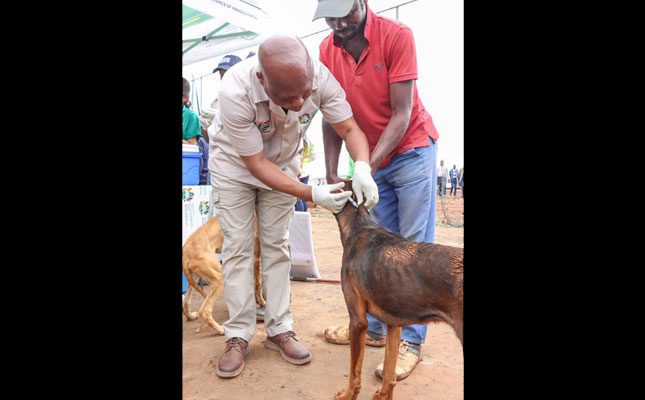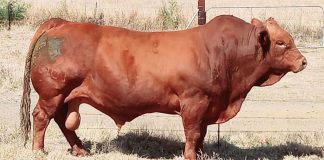
Photo: Supplied
According to department spokesperson Reggie Ngcobo, the coastal areas of KwaZulu-Natal and Eastern Cape are particularly high risk for rabies.
“The public is advised not to approach, touch or pick up stray dogs and cats from these areas for whatever purpose.”
He said by picking up stray animals and rehoming them, especially travellers, a person could aid the spread of rabies to other areas and provinces and put lives at risk.
Ngcobo said people are encouraged to rather report stray animals to local welfare authorities and to support these organisations in caring for such animals.
“Remember that rabies may occur anywhere in South Africa and therefore avoid the handling of animals that you do not know.
“Rabies is a very serious, mostly fatal zoonotic disease, meaning that it can be passed from infected animals to humans. Any mammal can become infected with rabies, but the biggest threat to human health is infected dogs and cats,” he said.
According to Ngcobo, the rabies virus is transmitted through saliva of an infected animal when it bites, scratches or licks a person.
“Animals that are infected with rabies may show changes in behaviour, but these vary widely from unprovoked attacks to becoming overly friendly or just appearing sleepy. They may drool a lot, may not be able to swallow, continuously vocalise (barking, whining, howling etc.), show odd behaviour and sometimes become aggressive or, on the contrary, they may just appear weak and unresponsive.”
He said the disease affected the brain in both animals and humans.
“Once clinical signs become observable, there is no known curative treatment, and the outcome is invariably fatal at a rate of 100%. Therefore, if you suspect that you have been exposed to an animal that may have rabies, it is critically important to wash the wound very well with soap under running water and to immediately seek preventative treatment at your nearest healthcare facility. Doing this can save your life.”
He added that by law, all dogs and cats must be vaccinated against rabies.
“This is how you can protect your pets and family.”
He advised pet owners to enquire at their local state veterinarian, animal health technician, private veterinarian or animal welfare organisation for access to rabies vaccinations.












